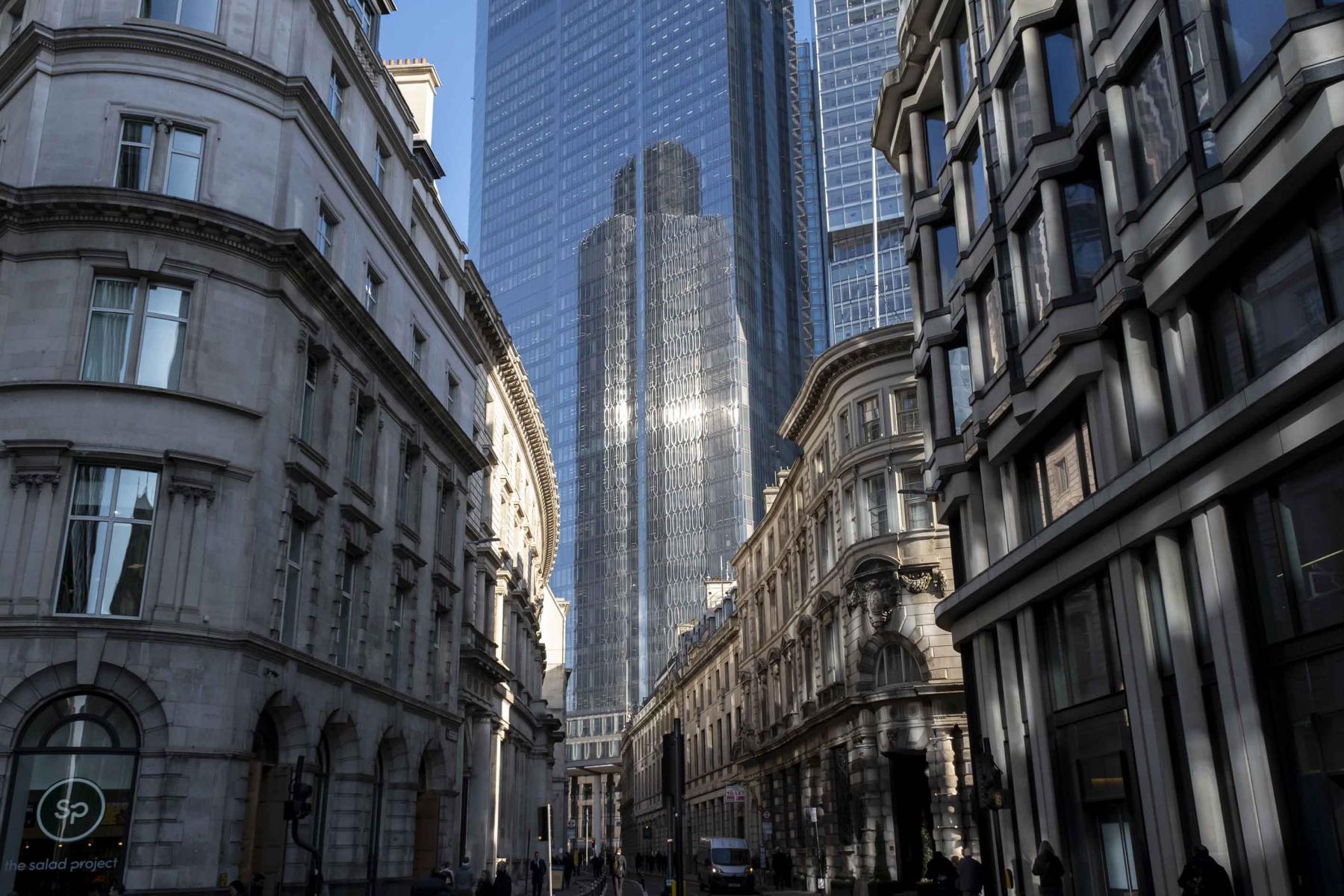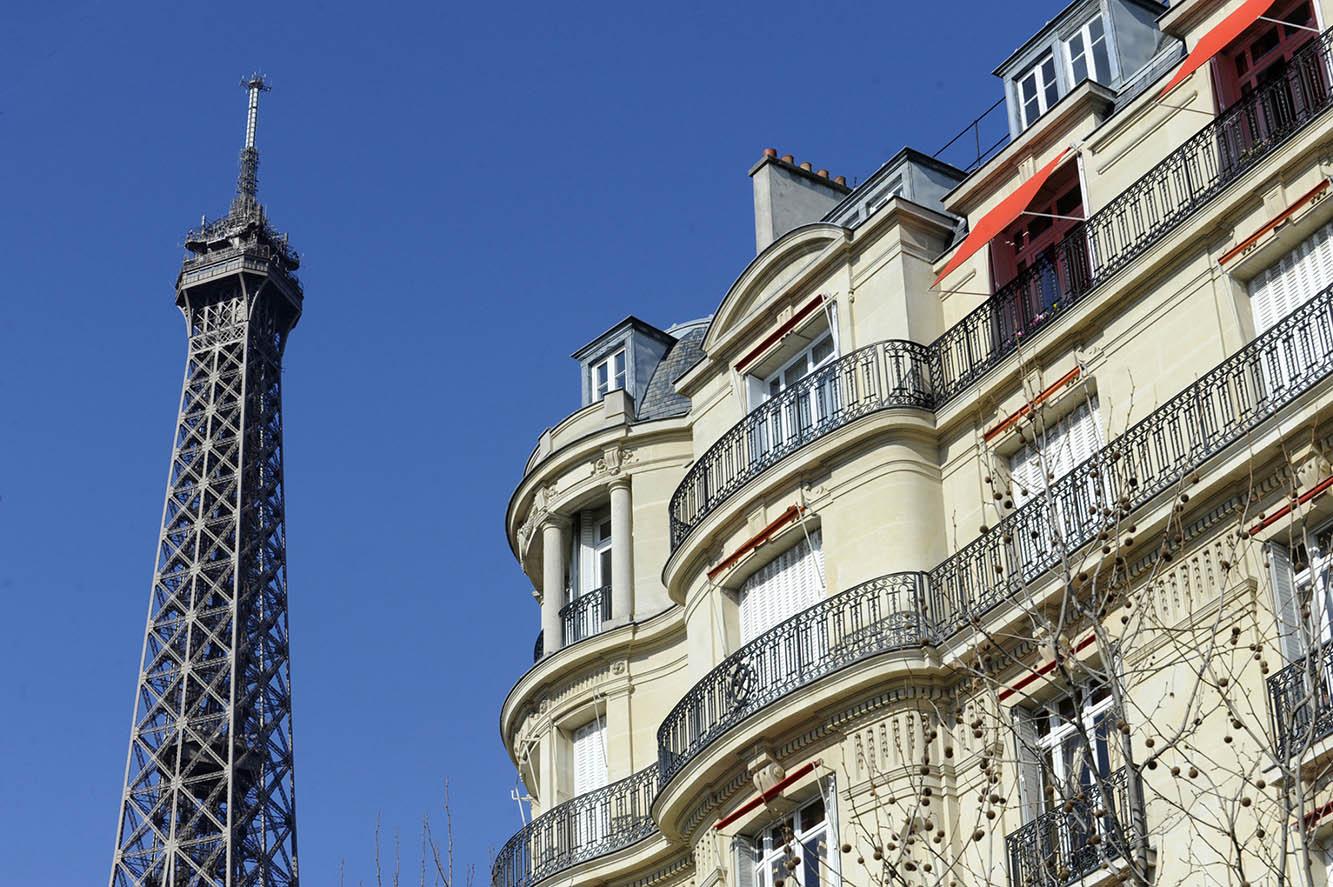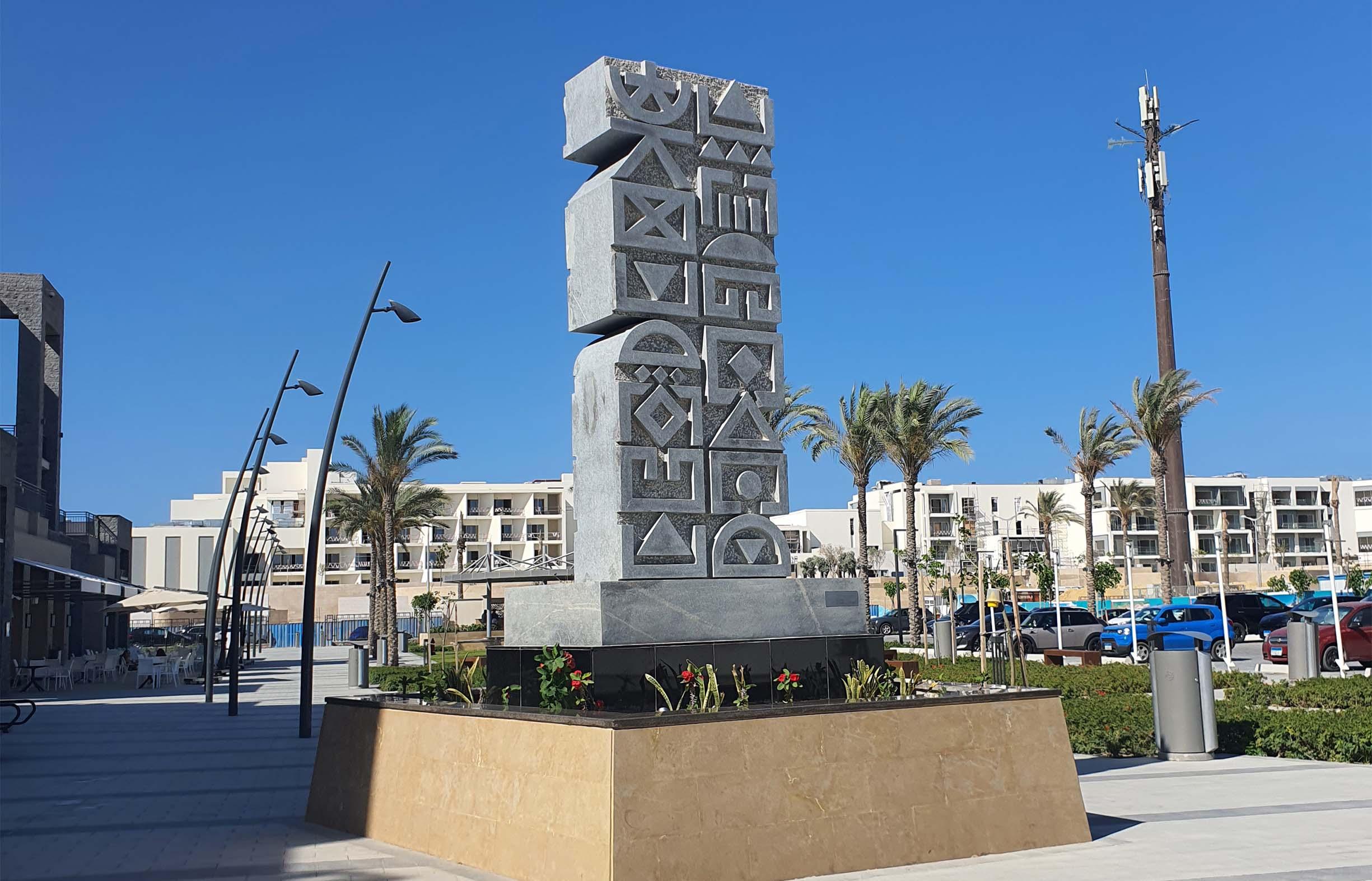
Written by: Farah Hassan
Date: 2024-05-29
Egypt and Europe’s population growth fuels residential demand, capitalizing on strategic advantages.

Egypt and Europe’s population growth fuels residential demand, capitalizing on strategic advantages.
The Egyptian real estate market has experienced remarkable growth in recent years, propelled by a combination of factors, including population growth, urbanization, and economic reforms. This has created a thriving environment for investors and developers alike, positioning Egypt as an attractive destination for real estate opportunities. Urbanization and the resulting need for housing are major drivers of the Egyptian real estate industry. The country's growing urbanization has resulted in an increase in the demand for residential homes, notably in major cities like Cairo and Alexandria. The country's young and growing population, together with an expanding middle class, are driving up demand for housing options. This creates substantial opportunity for developers to meet the housing needs of the metropolitan population.
Egypt: New Opportunities on the Way
New cities and mega-projects stand out as potential development regions in the Egyptian real estate market. The administration has launched ambitious projects, such as the New Administrative Capital and New Alamein City. These projects provide several prospects for both residential and commercial real estate investments, with the potential for significant returns. The New Administrative Capital, east of Cairo, intends to become Egypt's administrative and financial core, attracting both corporations and citizens. The New Alamein City, located on the Mediterranean coast, is envisioned as a seaside paradise complete with opulent residential and commercial projects.
Affordable housing is another area of focus in the Egyptian real estate market. The demand for affordable housing is substantial, and the government has recognized the need to address this issue. Initiatives and incentives aimed at developers and investors have been introduced to encourage the construction of affordable housing units. This provides an avenue for socially responsible investment, catering to the needs of Egypt's growing population.

Egypt: An Epicenter for Investment
With its strategic location at the crossroads of Africa, Asia, and Europe, Egypt plays a vital role in logistics and trade. The government has prioritized the development of industrial zones and improvement of infrastructure, which presents attractive prospects for real estate investment. Warehousing and logistics facilities are in high demand, driven by Egypt's position as a key player in international trade.
In terms of the legal framework for foreign investors, Egypt has taken significant steps to create a favorable environment for investment in the real estate sector. The 2017 Investment Law introduced reforms aimed at streamlining procedures, protecting investors' rights, and promoting transparency. Foreign investors are treated similarly to domestic investors, with exceptions being rare. This has encouraged increased participation from international investors in Egypt's real estate market.
Egypt's real estate market has already witnessed success stories from both local and foreign investors. Companies such as Emaar Misr, a subsidiary of the renowned Emaar Properties, have made significant contributions to the sector. Emaar Misr's flagship project, Marassi, a luxury coastal development on the North Coast, has attracted domestic and international buyers seeking a premium lifestyle and high returns on investment. Private equity firms and institutional investors have also recognized the potential of Egypt's real estate market. They have partnered with local developers to invest in various projects, including residential, commercial, and hospitality sectors, capitalizing on the market's growth and profitability.

Europe's Versatile Real Estate Market
Europe is another versatile real estate market industry, offering a wide range of investment options. Investors have a variety of options depending on their risk tolerance and investing goals, ranging from stable markets in Western Europe to ones in the East that are expanding quickly. It certainly is a promising sector proving its growth and resiliency time and time again, offering diverse opportunities for both local and foreign investors.
In the CBRE (Coldwell Banker Richard Ellis) 2024 European Investor Intentions Survey, investors cited Britain's strong potential return and discounted rates as the reason it was the top European location for cross-border investment. Germany, Poland, Spain, and the Netherlands came next. According to the survey, London was named the most beautiful city, followed by Paris, Madrid, Amsterdam, and Berlin.

Europe: Smart City Movement
A number of developments reflecting the distinct economic, cultural, and technical landscape of the region are reshaping the European real estate industry, which is currently going through a revolutionary phase. The smart city movement, which is gaining ground in European cities, is at the vanguard of this transition. These metropolitan centers are using cutting-edge technology to improve public transportation, infrastructure, and sustainability while improving the quality of life for their citizens. This change is strongly related to the current urbanization trend, as people are moving to cities in search of better job opportunities and improved quality of life.
The increase in remote employment is another significant trend that is affecting housing preferences throughout Europe. Demand for real estate with designated home offices is rising, and buyers' preferences are shifting from compact urban flats to roomier suburban houses. Secondary cities and rural areas are seeing growth as a result of this trend since they are becoming more desirable places to live.

Europe: One Step Ahead
Europe's real estate industry demonstrates the continent's dedication to sustainable growth. Demand for environmentally friendly buildings that use renewable energy sources, green technologies, and sustainable building materials is surging in the market. The strict energy efficiency and environmental impact laws of the European Union, which are influencing the future of real estate in the area, are a major factor driving this trend.
The diversity of the European real estate market provides a wide range of investment opportunities. From the stable markets of Western Europe to the rapidly growing ones in the East. Demographic shifts, such as an aging population and evolving preferences among younger generations, are shaping the demand for specialized housing options. This includes a growing need for retirement homes, assisted living facilities, and affordable housing solutions for urban millennials.
Underpinning these trends is the regulatory landscape, which is shaped by both local and EU-wide policies. Housing policies, rental market regulations, and tax laws can significantly impact the attractiveness of real estate investments and the overall market dynamics. By staying informed about these dynamics, investors and industry participants can identify new opportunities and address the challenges that arise in one of the world's most diverse and dynamic real estate markets.





